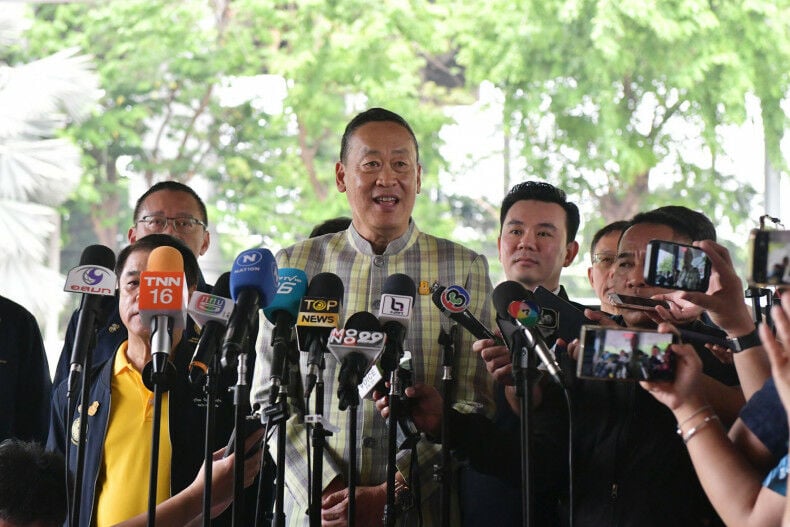Thai government’s digital wallet scheme faces legality verification

The Government of Thailand‘s plan to partially finance its 500-billion-baht digital wallet handout scheme through a 172.3 billion baht loan from the Bank of Agriculture and Agricultural Cooperative is set to undergo legality verification by the Council of State. The announcement was made by Prime Minister Srettha Thavisin, who also stated that the government will seek advice from its legal arm to ensure the lawfulness of the scheme.
“There is a plan to create a super app for the scheme, which would require additional funding from taxpayers.”
The 62 year old Thai prime minister reassured the public that the government would fully explain the situation once the app is ready. PM Srettha also emphasised the government’s commitment to transparency, promising that the scheme would be open to public scrutiny.
The proposed handout scheme, a flagship policy of the ruling Pheu Thai Party, involves distributing 10,000 baht to 50 million Thais through a “super app” developed by the Digital Economy and Society Ministry. The app is designed to be utilised by all banks in an open-loop model.
The Bangkok-born prime minister, who also serves as the finance minister, expressed optimism that the scheme, set to roll out in the fourth quarter, would spur the economy, boosting the GDP by 1.2 to 1.6%.
Deputy Finance Minister Julapun Amornvivat elucidated the financing strategy for the digital wallet scheme. The scheme will be funded through three sources, with 152.7 billion baht drawn from the 2025 fiscal year budget.
Budget reallocation
The 172.3 billion baht loan from the Bank for Agriculture and Agricultural Cooperatives’ budget for the 2025 fiscal year will be disbursed to 17.23 million farmers. The remaining 175 billion baht will be sourced from the current fiscal year’s budget reallocation.
However, the plan to borrow from the Bank of Agriculture and Agricultural Cooperative has drawn criticism. Critics argue that this mirrors the Pheu Thai’s loss-ridden rice-pledging programme under the former Yingluck Shinawatra administration, said Jurin Laksanawisit, a Democrat Party list MP.
“This is an exact replica of the rice-pledging scheme. They share the same DNA. The government will now borrow 172.3 billion from the Bank of Agriculture and Agricultural Cooperative. Combined with the more than 200 billion baht debt incurred by the rice scheme, the Pheu Thai-run governments will owe the Bank of Agriculture and Agricultural Cooperative about 400 billion baht.”
The government has yet to detail how it will repay the loan it plans to take from the Bank of Agriculture and Agricultural Cooperative to fund the digital wallet scheme.
Nipon Poapongsakorn, a distinguished fellow at the Thailand Development Research Institute, urged the government to provide these details. He also pointed out that the 500-billion-baht handout was a short-term measure intended to secure political gains ahead of the next election, despite the economy’s current state of recovery.
Latest Thailand News
Follow The Thaiger on Google News:


























